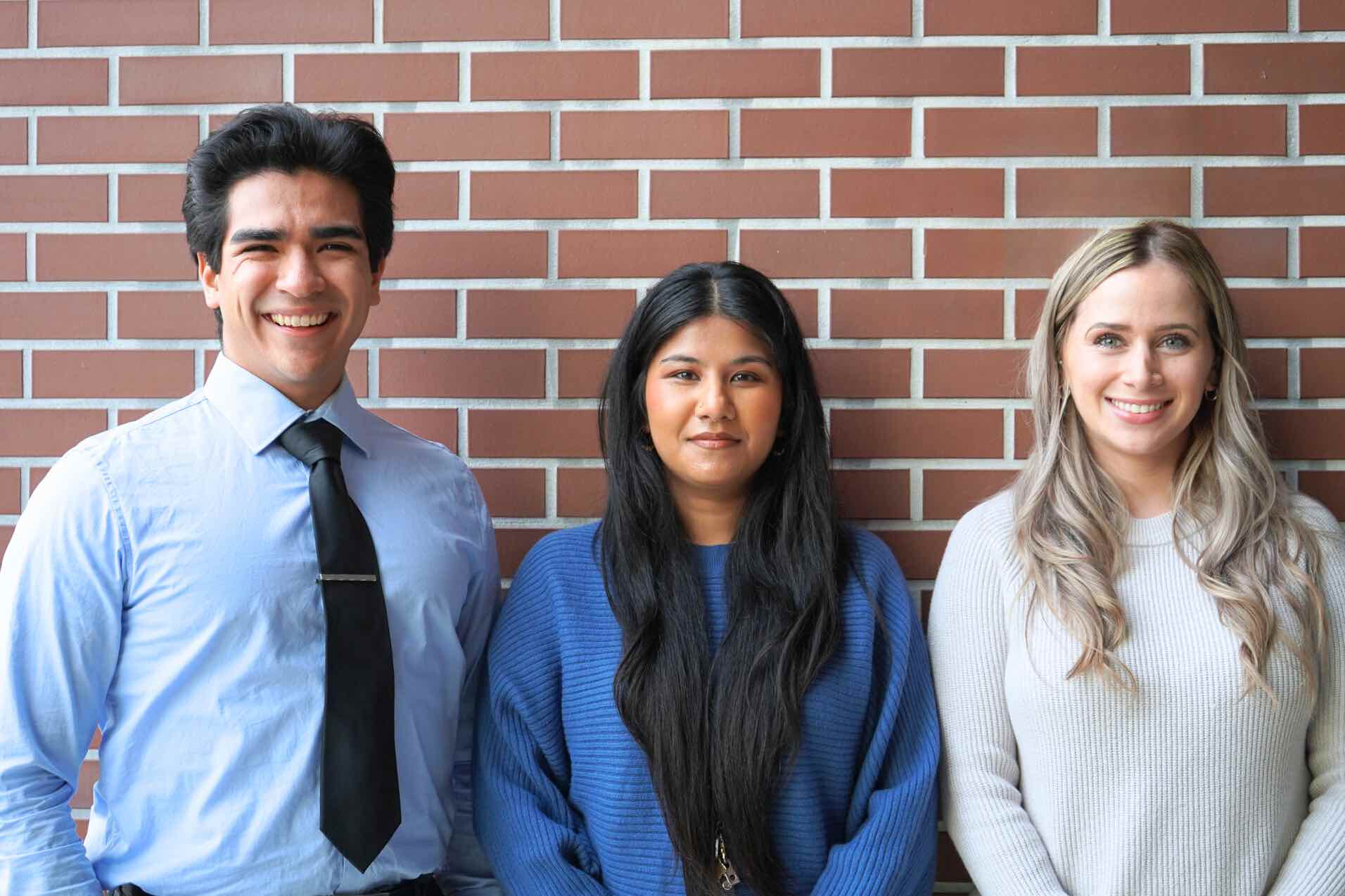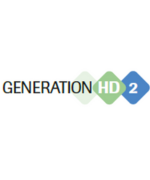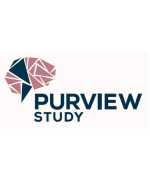Research

Gaining new knowledge about Huntington's disease is a critically important part of developing more effective treatments for HD and ultimately finding a cure. The way we discover this new knowledge is through clinical trials and other research studies.
Opportunities and requirements for participation may vary considerably from one trial or study to another. If you are interested in volunteering, our research staff will be happy to help you identify studies you may be eligible for.
We are always looking for more participants, so please feel free to contact our research coordinator if you would like more information. Scroll down the page to learn about our research projects at UC Davis and for additional resources.
Clinical Studies and Research at UC Davis
 Enroll-HD
Currently Enrolling Participants Enroll-HD is a worldwide observational study for Huntington's disease families. Study visits occur once a year and include a neurological exam, blood sample collection, and other assessments to measure attention, memory, mood, and quality of life. Contact UC Davis about Enroll-HD |
|
ChANGE HD |
|
The purpose of this study is to compare the effects, good or bad, of two different doses of tominersen versus placebo to select a dose that could potentially benefit individuals with early HD. Tominersen is from a group of drugs known as antisense oligonucleotides, which are short man‑made stretches of DNA that stop the "messenger" RNA from instructing cells to make proteins. Tominersen has been shown to lower levels of this toxic protein in previous clinical trials by interfering with its production. You will have clinic visits approximately every 16 weeks while you are receiving treatment. Visits may last up to 8 hours. Your total time in this part of the study is expected to be between 16 and 24 months. |
|
The DIMENSION Study is evaluating the safety and effect on cognitive symptoms of an investigational oral drug in adults with early Huntington’s disease. Cognitive symptoms may include difficulty paying attention or trouble thinking through steps of an activity or complex problems. The study lasts up to 20 weeks and includes 9 visits to the study office. To be eligible for the study you must be 25 to 65 years of age. If you are eligible to participate in the study, you will be randomly assigned to receive one of the study treatments, either Sage-718 or placebo. You will have an equal chance of being given each treatment. |
|
The PURVIEW Study is an open-label study which means all participants will be receiving SAGE-718 for 365 days. There is no placebo group. If you took part in a previous SAGE-718 HD Study (protocol number 718-CIH-201/DIMENSION) within the past 7 days, you will be in this study for approximately 13 months. |
 PROOF-HD The purpose of PROOF-HD is to find out if Pridopidine is a safe and effective drug and to find out the effect of Pridopidine on every day functioning and daily activities in people with early stage HD. Participants have a 50/50 chance of receiving study drug (Pridopidine) versus placebo. Participants must be at least 25 years old and have a diagnosis of Stage 1 or 2 HD. Subjects must agree to participate in 8 in person visits, 6 phone calls, and 4 virtual visits over 86 weeks. Visits include assessments such as neurological and physical exams, cognitive tests, motor assessments, blood collection, and more. Contact UC Davis about PROOF-HD |
Would you like to learn about the latest updates from HD researchers? Wondering what clinical studies are happening at other research sites? The links below are a great way to stay current.





